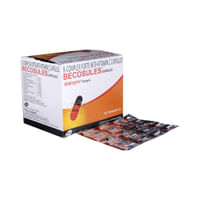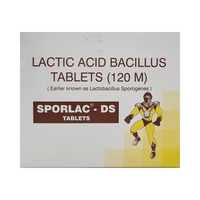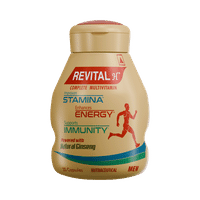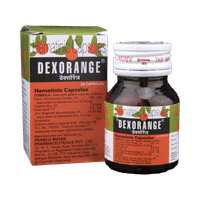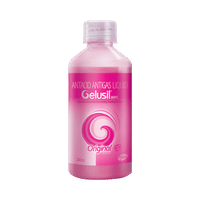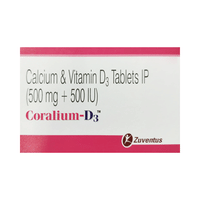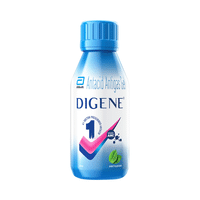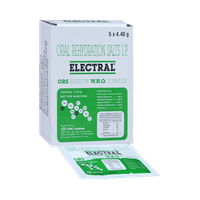Rs.221for 1 strip(s) (10 tablets each)
food interaction for Amfex AM
alcohol interaction for Amfex AM
pregnancy interaction for Amfex AM
lactation interaction for Amfex AM
food
alcohol
pregnancy
lactation
Amfex AM 10mg/120mg/200mg Tablet may be taken with or without food, but it is better to take it at a fixed time.
None
None
CAUTION
Caution is advised when consuming alcohol with Amfex AM 10mg/120mg/200mg Tablet. Please consult your doctor.
CAUTION
Amfex AM 10mg/120mg/200mg Tablet may be unsafe to use during pregnancy. Although there are limited studies in humans, animal studies have shown harmful effects on the developing baby. Your doctor will weigh the benefits and any potential risks before prescribing it to you. Please consult your doctor.
CONSULT YOUR DOCTOR
Information regarding the use of Amfex AM 10mg/120mg/200mg Tablet during breastfeeding is not available. Please consult your doctor.
CONSULT YOUR DOCTOR
SALT INFORMATION FOR Amfex AM
Montelukast(10mg)
Uses
Montelukast is used to prevent sneezing and runny nose due to allergies.
How it works
Montelukast works by blocking the action of leukotriene, a chemical messenger. This reduces inflammation in the airways to prevent asthma and relieve symptoms of allergies.
Common side effects
Headache, Diarrhea, Abdominal pain, Fatigue, Fever, Joint pain, Upper respiratory tract infection, Dizziness, Drowsiness, Muscle pain, Behavioral changes, Hypersensitivity, Increased bleeding tendency, Angioedema (swelling of deeper layers of skin), Suicidal thoughts, Churg-Strauss syndrome
Fexofenadine(120mg)
Uses
Fexofenadine is used in the treatment of sneezing and runny nose due to allergies and allergic conditions.
How it works
Fexofenadine is an antihistaminic medication. It treats allergy symptoms such as itching, swelling, and rashes by blocking the effects of a chemical messenger (histamine) in the body.
Common side effects
Headache, Drowsiness, Dizziness, Nausea
Acebrophylline(200mg)
Uses
Acebrophylline is used in the treatment and prevention of chronic obstructive pulmonary disease.
How it works
Acebrophylline is a mucolytic and bronchodilator. It works by relaxing the muscles of the airways and also thins and loosens mucus, making it easier to breathe.
Common side effects
Nausea, Headache, Vomiting, Drowsiness, Heartburn, Increased white blood cell count, Loss of appetite, Rash, Itching, Constipation, Diarrhea, Abdominal discomfort, Abdominal distension, Esophageal bleeding, Red spots or bumps, Breathing problems, Nasal inflammation, Dizziness, Fever, Chills, Numbness, Insomnia (difficulty in sleeping), Tachycardia, Fatigue, High blood pressure, Albumin in urine, Glycosuria, Hypotension (low blood pressure), Increased glucose level in blood
SUBSTITUTES FOR Amfex AM
95 Substitutes
95 Substitutes
Sorted By
 Rs. 210save 8% more per Tablet
Rs. 210save 8% more per Tablet Rs. 195save 15% more per Tablet
Rs. 195save 15% more per Tablet Rs. 254.10pay 8% more per Tablet
Rs. 254.10pay 8% more per Tablet Rs. 229save 3% more per Tablet
Rs. 229save 3% more per Tablet Rs. 199save 13% more per Tablet
Rs. 199save 13% more per Tablet
Expert advice FOR Amfex AM
- You have been prescribed Montelukast for asthma prevention and for the treatment of allergy symptoms such as sneezing and runny nose.
- It is a relatively safe medicine with very few side effects.
- Take Montelukast 2 hours before exercising if you have exercise-induced asthma.
- It does not work right away and should not be used to relieve sudden breathing problems. Use your rescue inhaler to control sudden difficulty in breathing.
- Do not discontinue use without consulting your doctor, even if you feel better.
Frequently asked questions FOR Amfex AM
Montelukast
Q. Why do you have to take Montelukast at night?
Usually, it is recommended to take Montelukast in the evening when it is being used for asthma and allergic rhinitis (cough and cold due to allergy). However, the exact reason for this is not yet known. Some studies have shown that there is no difference in effectiveness whether Montelukast is taken in the evening or morning. Hence, take the medicine as directed by your doctor.
Q. Is Montelukast a steroid?
No, Montelukast is not a steroid. It is a leukotriene blocker. Leukotrienes are natural substances released during an allergic reaction which causes constriction of muscles of airway. It can also cause allergy symptoms. This medicine blocks leukotrienes which helps in relieving symptoms of asthma and allergic rhinitis.
Q. Does Montelukast make you drowsy?
An uncommon side effect of Montelukast is drowsiness. It can also cause dizziness. Avoid driving or operating heavy machinery until you know how the medicine affects you. Consult your doctor if you experience these side effects.
Fexofenadine
Q. What is Fexofenadine used for?
Fexofenadine is used for treating seasonal allergic conditions such as hay fever. It helps to relieve allergies of the nose (allergic rhinitis), sneezing, runny nose, itching in the eyes, excessively watery eyes, etc.
Q. What should I tell my doctor before starting treatment with Fexofenadine?
Before starting treatment with Fexofenadine, tell your doctor if you have any other health problems, like kidneys, heart or liver-related issues. This is because certain medical conditions may affect your treatment and you may even need dose modifications. Additionally, let your doctor know about all the other medicines you are taking because they may affect, or be affected by, this medicine. Also, inform your doctor if you are planning a baby, are pregnant, or breastfeeding.
Q. What if I forget to take a dose of Fexofenadine?
If you forget a dose of Fexofenadine, take it as soon as you remember. However, if it is almost time for your next dose, skip the missed dose and take the next scheduled dose in the prescribed time. Do not double the dose to make up for the missed one as this may increase the chances of developing side effects.
Acebrophylline
Q. When should Acebrophylline be avoided?
Acebrophylline should be avoided in patients who are allergic to ambroxol, Acebrophylline, or theophylline. Along with that, patients suffering from low blood pressure, irregular heart beats or rhythm or history of heart attack, liver disease or kidney disorder should avoid taking Acebrophylline.
Q. How should Acebrophylline be taken?
Acebrophylline should be taken strictly as advised by the doctor. To avoid an upset stomach it should be taken with food.
Q. Is it okay to take furosemide along with Acebrophylline?
One should take proper caution if you are taking furosemide along with Acebrophylline. This is because the combined use of these medicines may decrease the levels of potassium. Hence, regular monitoring of potassium levels is required.














